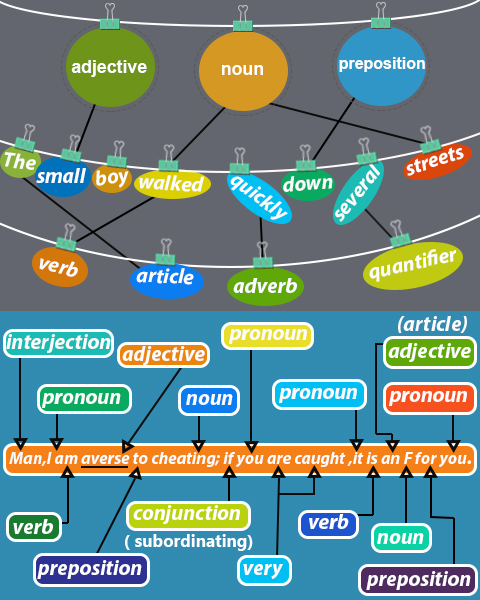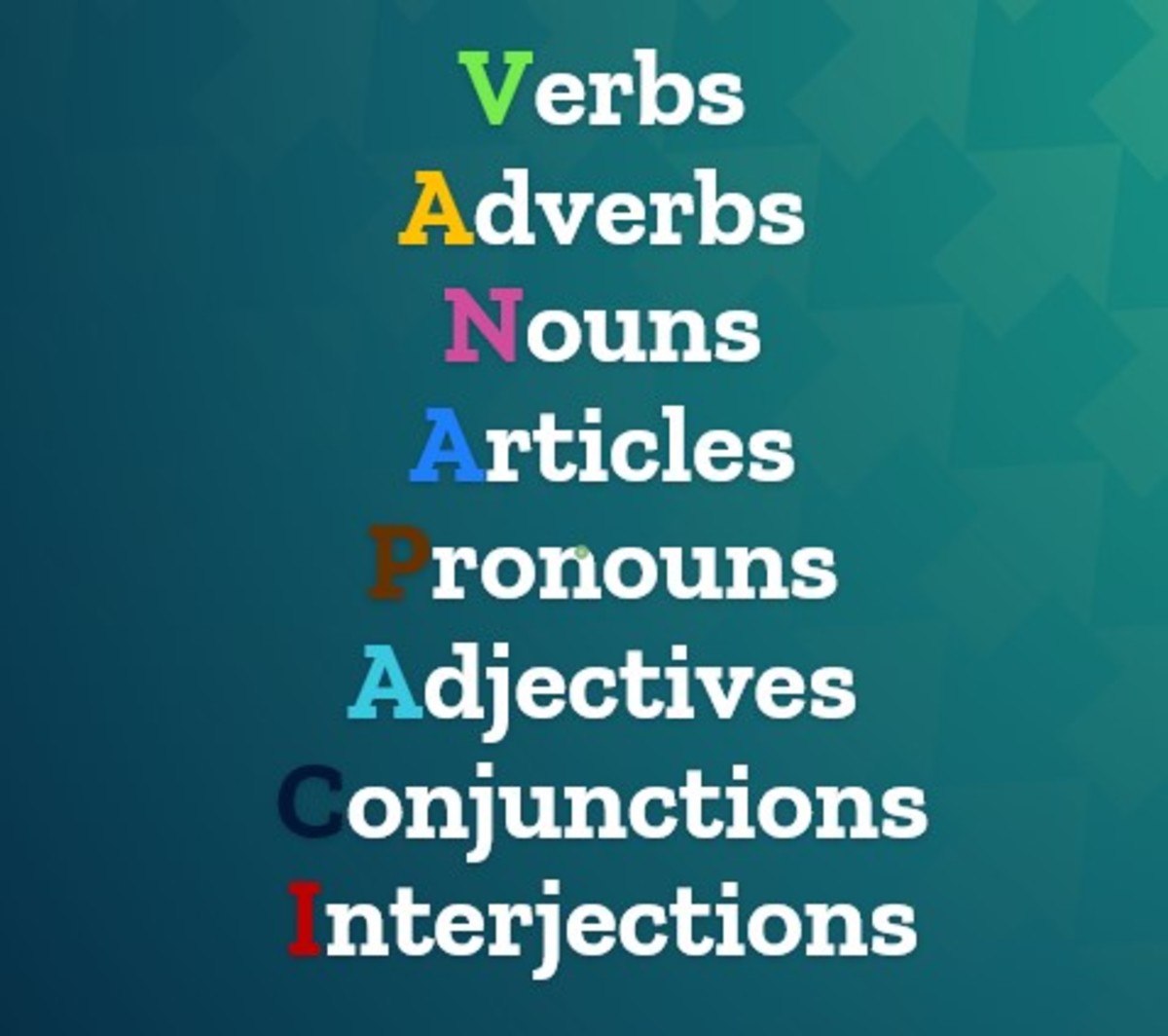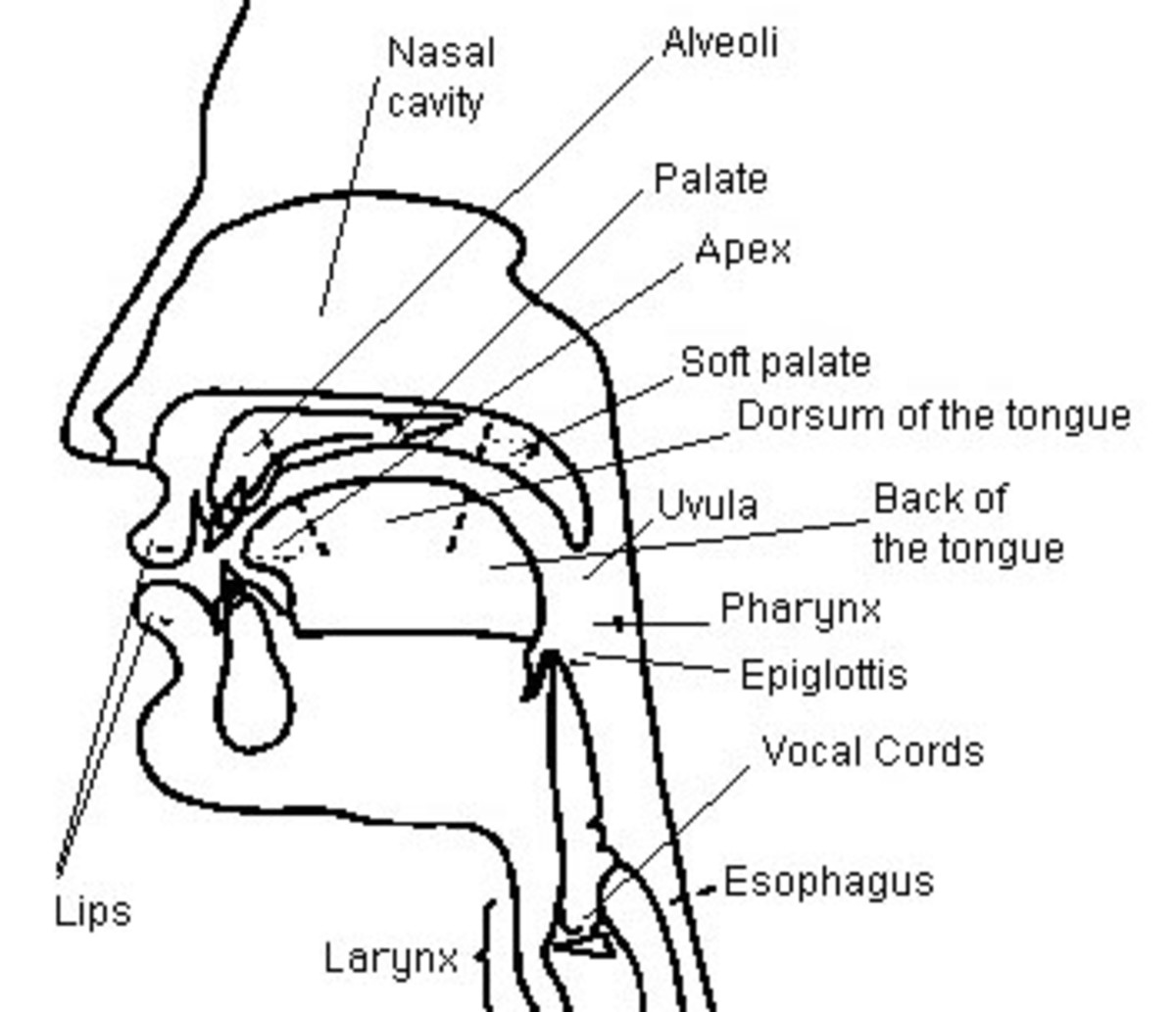Learning Parts of Speech is Important, Why?

Parts of Speech
We use words every day, words are everywhere and it’s important that we use words appropriately. Every single word in English Language belongs to one of the parts of speech. Each part of speech explains not what the word is, but how the word is used. Grammar helps you look confident and positively studious and provides excellent communication skills.
There are nine parts of speech. They are
- Articles
- Nouns
- Pronouns
- Adjectives
- Verbs
- Adverbs
- Conjunctions
- Prepositions
- Interjections
Consider the Example:
Int Pronoun Verb Adj Adj Conj Adj Noun Adv Prep Adj Noun
Wow! He kicked the blue and orange ball high into the air.

The Parts of Speech are:
Nouns: name people, place, animal or things. There are different types of nouns like proper nouns, common nouns, collective nouns, possessive nouns, and compound nouns.
Ex: The duck swims in the calm pond.
Pronouns: take the place of a noun. There are different types of pronouns like reflexive pronouns, indefinite pronouns, personal pronouns, intensive pronouns, demonstrative pronouns, possessive pronouns, interrogative pronouns and relative pronouns. They remove the need for repetition.
Ex: Joann is American. She is beautiful.
Verbs: show action or a state of being. Linking verbs, action verbs, and helping verbs.
Ex: Sharon ran to the store to buy some Tropicana.
Adjectives: modify or describe nouns and pronouns.
Ex: Gerard was more intelligent than Ethan was.
Adverbs: change adverbs, verbs and adjectives.
Ex: When I was young, I liked to play outside.
The kid swings his legs impatiently.
Preposition: show the relationship between a pronoun and noun and connect them.
Ex: The bottle is leaning against the table.
Conjunctions: join two or more words, phrases, or clauses. There are three kinds of conjunction such as correlative conjunctions, coordinating conjunctions and subordinating conjunctions.
Ex: Not only am I happy about the scores, but I am also excited that you are learning!
Interjections: show excitement or emotion which aren’t related to the sentence. Interjections are found in interviews, narrative writings, etc. They are often followed by an exclamation mark oh, well, wow, phew, cheers, hooray
Ex: Oh, we’re late for the football match.
Articles: the only definite article is “the” and indefinite articles are “a” and “an”
Ex: Can I have a pineapple?
I would like to eat an apple.
I am going to the exhibition.
I would conclude by saying we learn while we talk, read, write and listen. You learn different ways of using a particular word - sings, sang, singing, sung, songs and put them in the sentences correctly based on the parts of speech. Understanding grammar benefits in writing new and different kinds of sentences that are more credible and more persuasive.
We are often judged by the way we use the language; hence learning about the parts of speech will help understand the explanations of mistakes and correct them. As words can be used in numerous ways, you have to look at what a word is doing in a specific sentence before classifying it part of speech.








